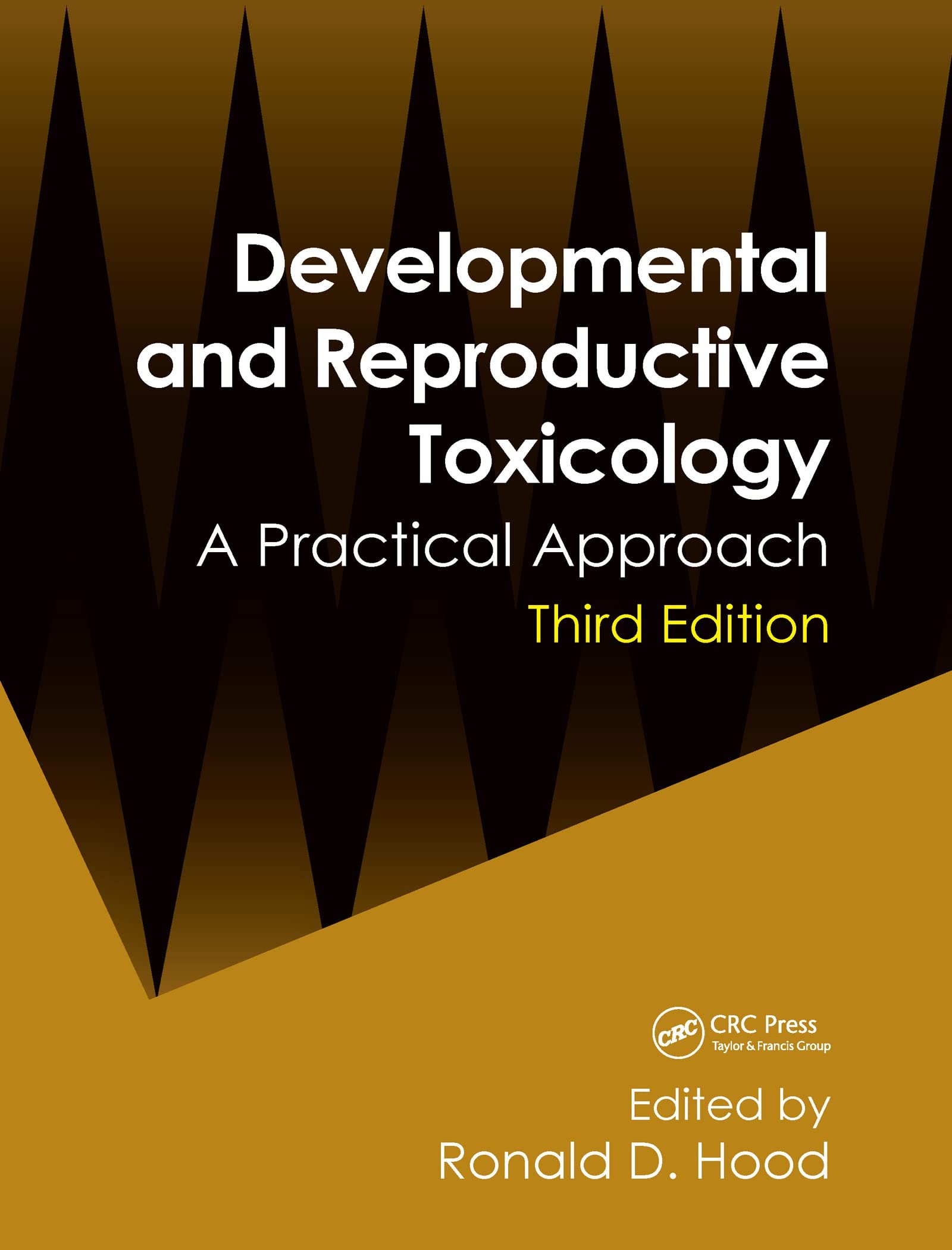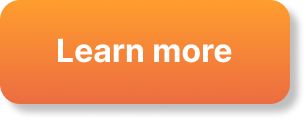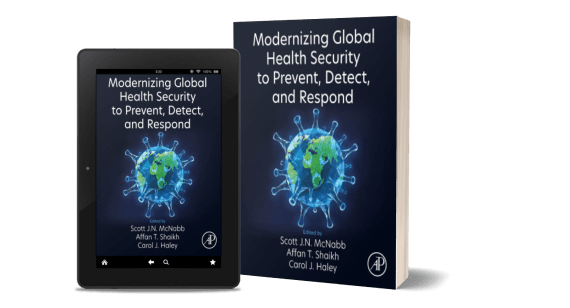In “Developmental Toxicology (Target Organ Toxicology Series) 3rd Edition,” you will explore the comprehensive and cutting-edge field of developmental toxicology. This essential reference work delves into the mechanisms and effects of toxic substances on developing organisms, with detailed insights into how various toxins impact specific organs at different stages of development. It integrates the latest research findings and expert analysis to provide a deeper understanding of the critical issues facing professionals in toxicology, pharmacology, and developmental biology.
Reading this book equips you with the knowledge needed to identify, assess, and manage the risks associated with developmental exposures to toxic agents. Whether you are a seasoned expert or new to the field, this edition serves as an invaluable resource to enhance your understanding and practice. Have you been looking for an in-depth resource to help understand the complex field of developmental toxicology? If so, you may just find what you need in the “Developmental Toxicology (Target Organ Toxicology Series) 3rd Edition.” This trusted comprehensive guide is a must-have for students, professionals, and anyone passionate about toxicology. Let’s dive into a detailed review to see what sets this book apart.
What Is Developmental Toxicology?
Developmental toxicology explores how chemical substances impact the development of living organisms, primarily focusing on the embryonic and fetal stages.
Importance of Understanding
Understanding developmental toxicology is crucial for assessing risk factors during pregnancy, guiding public health policies, and ensuring safe pharmaceutical practices. This text provides the solid foundation required to navigate this intricate field.
Developmental Toxicology (Target Organ Toxicology Series) 3rd Edition
Overview of “Developmental Toxicology (Target Organ Toxicology Series) 3rd Edition”
This latest edition of the “Developmental Toxicology (Target Organ Toxicology Series)” serves as a comprehensive repository of knowledge from various aspects of developmental toxicology.
Key Features
Here are some key highlights that make this edition stand out:
- Updated Content: This edition includes new chapters and updated information reflecting the latest research and technological advancements in developmental toxicology.
- Multidisciplinary Approach: The book integrates information from various scientific disciplines, making it comprehensive yet accessible.
- Case Studies: Real-world case studies help illustrate complex concepts, making learning practical and applicable.
Book Specifications
| Feature | Details |
|---|---|
| Edition | 3rd Edition |
| Publisher | Target Organ Toxicology Series |
| Number of Pages | Approximately 750 |
| Binding | Hardcover |
| ISBN | Specific ISBN not provided |
| Publication Date | Updated regularly to reflect new research |
In-Depth Chapters
The book is divided into several in-depth chapters covering all facets of developmental toxicology.
Chapters Outline
Here’s a sneak peek into what each chapter offers:
Chapter 1: Introduction to Developmental Toxicology
This chapter sets the stage by explaining fundamental concepts and terminologies. You’ll gain an essential overview that serves as a foundation for the rest of the book.
Chapter 2: Historical Perspectives
Understanding the history of developmental toxicology is crucial for appreciating the progress in this field. This chapter walks you through significant milestones and key breakthroughs.
Chapter 3: Mechanisms of Developmental Toxicity
Learn about the various mechanisms through which toxic substances can affect development. It covers genetic, molecular, and cellular processes that can be disrupted by toxins.
Chapter 4: Risk Assessment and Management
This chapter provides a detailed guide on how to assess and manage risks associated with developmental toxins. It outlines methodologies and best practices for ensuring minimal impact on human development.
Chapter 5: Ethical and Regulatory Considerations
Explore the ethical dilemmas and regulatory guidelines governing the use of potentially harmful substances. This chapter is particularly useful for professionals navigating legal frameworks in toxicology.
Chapter 6: Case Studies
Real-world case studies illustrate the practical application of the theories and methodologies discussed in earlier chapters. These cases make the complex concepts more relatable and easier to understand.
Writing Style and Readability
The book is written in a friendly yet authoritative tone, making complex subjects accessible without compromising rigor. Its user-friendly layout includes charts, tables, and bullet points to make the text more straightforward to digest.
Accessibility
Despite its comprehensive nature, the book remains accessible to readers unfamiliar with technical jargon. Each chapter starts with an introductory summary that highlights the primary themes, making it easier to grasp the key points.
Target Audience
Who would benefit the most from this book? Here’s a breakdown:
| Audience | Benefits |
|---|---|
| Students | Provides a robust foundation for academic studies |
| Professionals | Offers up-to-date information and best practices |
| Researchers | Comprehensive resource for investigative purposes |
| Healthcare Providers | Helps in risk assessment and patient education |
| Regulators | Guides ethical and regulatory decision-making |
For Students
Students in toxicology, pharmacology, and related fields will find this book invaluable for their coursework and research projects. It provides the depth needed for higher education without being overwhelmingly complex.
For Professionals
Professionals working in toxicology, public health, or environmental sciences can utilize this book as a reference guide for day-to-day challenges and long-term projects.
Real-World Applicability
One of the standout features of this book is its focus on real-world applications. Whether you are involved in pharmaceutical development, public health policy, or clinical assessments, the practical insights from this book can be immediately applied to your work.
Case Studies
The case studies included in the book provide practical examples of how theoretical concepts are applied in real-world scenarios. This helps bridge the gap between academic study and professional practice.
Strengths and Weaknesses
Strengths
- Comprehensive Coverage: The book covers a wide range of topics comprehensively.
- User-Friendly: Accessible language and user-friendly layout make for an easy reading experience.
- Multidisciplinary Approach: Combines insights from various scientific disciplines.
- Updated Information: Reflects the latest research and technological advancements.
Weaknesses
- Length: At approximately 750 pages, the book can be daunting for some readers.
- Technical Depth: May be overwhelming for those completely new to the field.
Expert Opinions
Leading experts in developmental toxicology highly recommend this book for both its breadth and depth. Many appreciate the multidisciplinary approach and the practical case studies that make learning more applicable and engaging.
Testimonials
Dr. Sarah Johnson, a renowned toxicologist, shares, “This book is a gem for anyone involved in developmental toxicology. The case studies alone make it a must-have for both students and professionals.”
How It Compares to Other Books
In the crowded field of toxicology textbooks, “Developmental Toxicology (Target Organ Toxicology Series) 3rd Edition” stands out for its thorough coverage and practical insights.
Unique Selling Points
- Depth and Breadth: Unlike many other texts, this book offers both a broad overview and in-depth insights into specific topics.
- Practical Focus: Real-world case studies and practical applications make the content relatable and useful.
- Multidisciplinary Approach: Integrates knowledge from various scientific fields, making it more comprehensive.
Comparison Table
| Feature | “Developmental Toxicology” 3rd Edition | Other Books |
|---|---|---|
| Comprehensive Coverage | Yes | Varies; Often less comprehensive |
| Practical Case Studies | Yes | Rarely |
| Multidisciplinary | Yes | Occasionally |
| Updated Information | Yes | Sometimes, depending on the edition |
| User-Friendly | Yes | Varies; Often more technical |
Availability and Pricing
The book is available in major online bookstores and may also be found in local academic bookstores. Pricing can vary based on the retailer, but generally, the book’s value justifies its cost given its comprehensive and updated content.
Where to Buy
| Retailer | Pricing Range |
|---|---|
| Amazon | Usually competitive; Price varies |
| Barnes & Noble | Often similar to Amazon |
| University Bookstores | May be more expensive |
Final Thoughts
The “Developmental Toxicology (Target Organ Toxicology Series) 3rd Edition” is an indispensable resource for anyone in the field of toxicology. Its comprehensive coverage, user-friendly format, and real-world applicability make it a standout choice. Whether you’re a student aiming for higher academic success or a professional seeking to remain at the cutting edge of your field, this book is a worthwhile investment.
So, if you’re committed to understanding and working in the realm of developmental toxicology, adding this book to your collection could be one of the best decisions you’ll make. Get your copy today, and take the first step towards mastering this fascinating field!
Disclosure: As an Amazon Associate, I earn from qualifying purchases.






